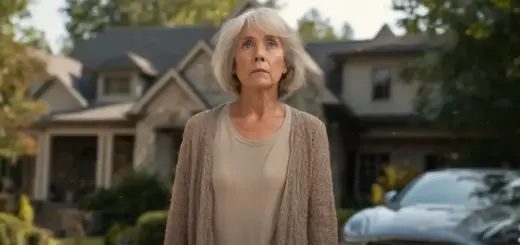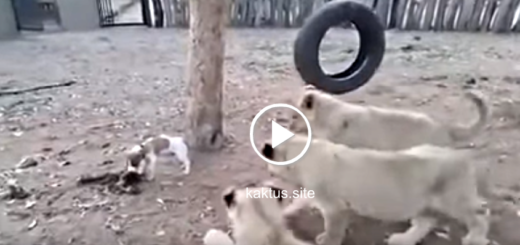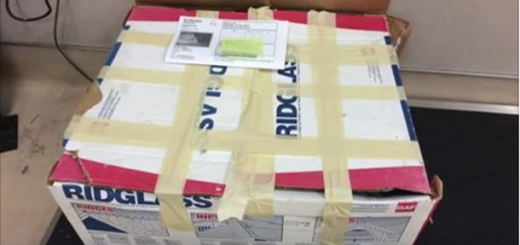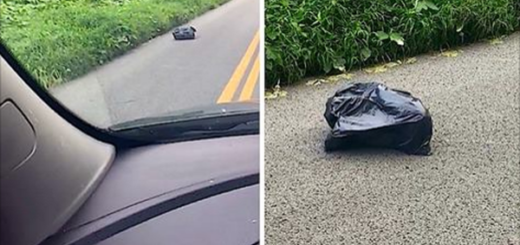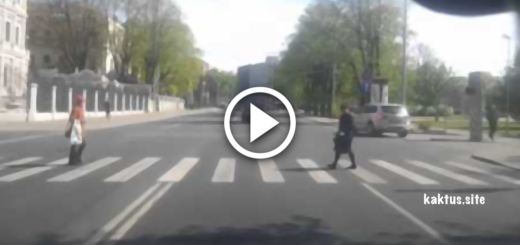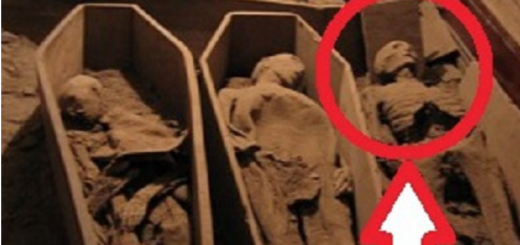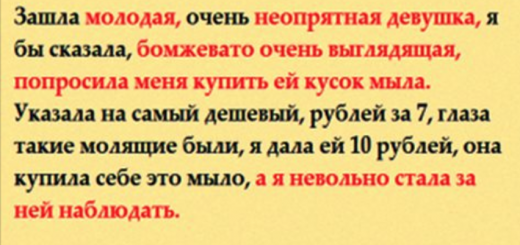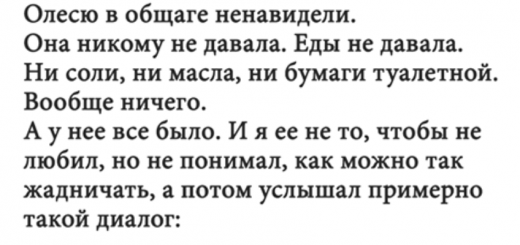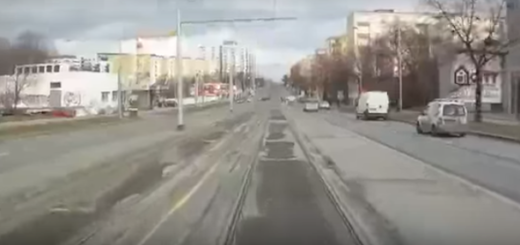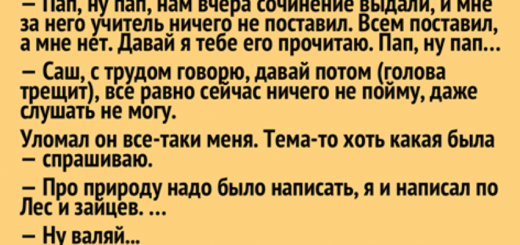When I got back to the motel, the receptionist gave me a look. «The phone at the front desk has been ringing off the hook for you,» she said. «Are you some kind of local celebrity?»
«Something like that,» I said and went upstairs.
That night, I did what any emotionally stable adult would do: I opened the bottle of cheap whiskey I’d bought at the gas station and sat in the dark, rewatching old training videos on my laptop. I didn’t do it because I missed deployment, but because it reminded me of who I was when I wasn’t being used. Somewhere around 1:00 a.m., the messages turned up.
Until then, it had been outrage and confusion. «What the hell, Lisa? You can’t just abandon your family. We needed that money. What’s wrong with you?» But now, the tone shifted. «Mom’s been crying all day. Dad says he’s having chest pains. You’re killing them with this silence.»
I raised my glass to the ceiling. «To emotional manipulation, vintage 1995 and still going strong.» I almost caved, not because I believed them, but because that’s what I was conditioned to do: soothe, solve, carry. But then I remembered something my CO once told me.
«The silence you keep is often louder than the things you say.» So I kept it. By Christmas Eve morning, the messages had gone from dramatic to biblical. There were Bible verses and a cryptic post from Haley: «Some people forget who fed them when they were starving.» It was followed by a family photo of Mom and Dad on the couch with three stockings on the wall. Mine wasn’t there.
And that’s when I broke my silence. Not with a call or a message, but with a single post: a photo album titled, «Just So We’re Clear.» The caption read, «Sometimes family isn’t who you were born to. It’s who doesn’t ask for proof every time you say you’re tired.»
Inside were screenshots: bank transfers, insurance payments, and mortgage statements, with my routing number blacked out. Dates, totals, no commentary—just receipts. The reaction was immediate.
Comments flooded in. Some cousins I hadn’t heard from in years messaged me privately. «Lisa, are you serious? You were paying for all that? They always made it sound like you bailed on them.»
Another wrote, «I had no idea. That’s messed up.» Mom’s Facebook went dark within the hour. Dad changed his profile picture to one of him fishing—classic avoidance. Haley posted something passive-aggressive about people who thrive on drama. I didn’t respond, not out loud, but I booked one more night in the motel.
At 6:32 p.m., I got a voicemail from Dad. «You’ve gone too far, Lisa. Too far. You humiliated us. I don’t even know who you are anymore. You used to be loyal. Now you’re just cruel. Congratulations, you’ve ruined Christmas.» That was rich, considering I wasn’t even invited.
Then, at 7:10 p.m., Haley sent a final text. «You made your point. They’re freaking out. Mom’s not eating. Dad’s threatening to sell the house. Are you happy now?»
No, I wasn’t happy. But I was honest with myself, if with no one else. I stared at the screen for a long time and typed a reply, then deleted it. Instead, I sat with the silence again, and this time, I realized I wasn’t waiting for them to understand. I was finally learning to stop explaining.
I didn’t respond to Haley’s final text, the one where she asked, «Are you happy now?» Because I wasn’t, not really. I didn’t feel triumphant or vindicated, just tired, like someone who’d been dragging a suitcase uphill for ten years and had finally let go of the handle.
On Christmas morning, I woke up to silence. No calls, no threats, no guilt bombs—just the hum of the motel mini-fridge and a blinking light on my phone. It was an unread voicemail from an unknown number. I pressed play.
«Miss Morgan, this is Mr. Callaway again. I’ve spoken to your parents, and I think emotions are just high right now. They’d like to meet in person. No pressure, of course, but I believe a calm discussion could resolve this.»
I stared at the ceiling. Resolve what, exactly? The decade-long family gaslighting? The financial hostage situation? Still, a part of me was curious.
I texted back a time and location: «Tomorrow, 6:00 p.m. Denison’s Diner off Route 12. Booth in the back.» It was neutral ground, a public setting with fewer chances for screaming—or at least less volume if they tried. I didn’t tell them I’d be bringing someone else.
The next evening, I arrived ten minutes early and ordered coffee. No food; I didn’t trust my stomach to behave. The place was quiet, with low lighting, an old jukebox in the corner, and holiday lights still blinking as if they hadn’t gotten the memo. I chose a booth in the back, the kind where you could see the door and every exit.
At exactly 6:00 p.m., they walked in. Dad was in his stiff jacket, jaw set like stone. Mom held her purse like it might flee the scene without her. Haley wore oversized sunglasses indoors, which was either a fashion choice or a weak disguise.
They slid into the booth without speaking. Dad went first. «We don’t want this to get uglier than it already is.»
Mom chimed in, her voice fragile. «We’re a family. We’ve all said things we didn’t mean.»
Haley sniffed. «But posting our private stuff online, that was low, Lisa. Even for you.»
I leaned back. «‘Even for me.’ Interesting take.»
Dad narrowed his eyes. «You humiliated your mother, your sister, and me.»
I sipped my coffee. «No. You did that yourselves. I just stopped covering it up.»
Haley’s sunglasses slipped a bit, revealing red eyes. «You didn’t have to cut us off. That house…»
«That house,» I interrupted, «was being partially paid for by someone who wasn’t allowed to step foot in it for Christmas. Let’s not pretend this was about logistics.»
Dad clenched his fists on the table. «We came here to fix this. But if you’re going to keep playing the victim…»
«No one’s playing anything,» I said, my voice flat. «I just stopped funding my own erasure.» I reached into my coat and pulled out a thick, neatly tabbed folder. «Since we’re all here, let’s be clear.»
I slid it across the table. Inside were records of every transfer I’d made, every bill I’d paid, a signed document from the lender confirming I’d ceased contributions, Haley’s car insurance log, and, yes, screenshots. All the ones they’d conveniently forgotten. Mom’s face paled, Dad’s went red, and Haley’s lips pressed into a line so tight I thought she might implode.
«We didn’t ask for all of that,» Mom whispered.
«You didn’t have to,» I said. «You just expected it.»
Dad slammed his hand on the table. «You think this makes you better than us?»
«No,» I said quietly. «Just not stupid enough to keep paying people who treat me like a burden.»
Haley ripped off her sunglasses. «You are being cruel! You’re doing this to your own family.»
«Family is a two-way street,» I said. «I’ve been walking it alone for years.»
Then, the bell above the diner door jingled. I didn’t have to look; I already knew. Uncle Tom walked in, tall despite the cane, silver hair combed back, and eyes as sharp as ever. He wore a coat older than me and an expression that made the entire booth freeze.
«Well,» he said, his voice calm, «this is cozy.»
Dad stood up, panic flickering across his face. «Tom, I didn’t know you were in town.»
«You never do,» Tom said. «That’s your problem.» He turned to me. «Lisa, good to see you. Are you holding up better now?»
He looked back at my parents, then at Haley. «I heard about the messages, the way you spoke to her, the lawyer, the crying. You always were good at acting, Ron.» Dad opened his mouth, but nothing came out.
«Funny thing,» Tom continued. «When Lisa visited me last year—quietly, mind you—she never asked for a thing. She helped me clean the gutters and talked to me like I mattered. And when I had that health scare, she was the only one who showed up. Flew over from another continent to be there.»



